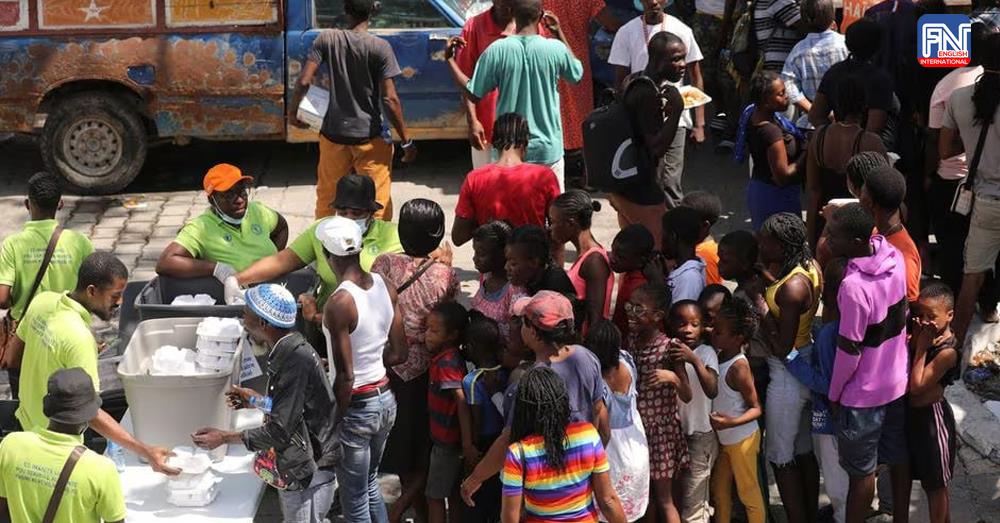PORT-AU-PRINCE, Mar. 5 (Reuters) - Haiti's prime minister landed in Puerto Rico on Tuesday, clearing uncertainty around his whereabouts since a trip to Kenya, but questions on how and when he will return to Haiti still linger as gangs back home push for his ouster.
Prime Minister Ariel Henry traveled to Kenya last week to seal a deal to launch a U.N.-backed multinational security force to fight gangs in Haiti, which sparked violence and calls by a top gang leader for him to step down and stay away from the country.
Puerto Rico's governor's office confirmed Henry had landed in capital San Juan, after reports from local media said the Dominican Republic, which shares the island of Hispaniola with Haiti, had earlier not authorized his plane to land.
The Dominican Republic's government did not immediately reply to a request for comment on the reports.
Haiti's government declared a state of emergency on Sunday after inmates escaped in two major prison breaks, halting businesses, including airports, which have seen heavy gunfire take place near them in recent days.
The United Nations' immigration office said during the weekend that at least 15,000 people had been displaced due to violence.
"Armed gangs forced us to leave our homes. They destroyed our houses, and we're on the streets," said on Monday a man who gave his name as Nicolas and is living in a camp.
Rights group Plan International said many were fleeing the capital for Artibonite, traditionally Haiti's breadbasket farming region but whose residents are now facing food shortages as fighting spreads north.
Following an assessment of 500 testimonies, it found many families were skipping food for a day, over half of children were out of school, and a lack of money meant many felt they had no choice but to join gangs. Some 30% to 50% of gang members are estimated to be minors, the group said.
Country director Allassane Drabo said girls were at particular risk of forced marriage, with parents unable to meet basic needs. "Widespread violence is robbing too many of their childhood, with girls being forced to swap schoolbooks and bread for guns and wedding dresses," he said.
"I didn't have time to take any of my things, not even my underwear," said Jasmine, who declined to give her last name, at a shelter. "I didn't know what to do."
Since the assassination of President Jovenel Moise in 2021, violent gangs have expanded control of their territory. Henry - who leads an unelected interim government - had pledged to step down by February, but delayed the process, citing lack of security.


